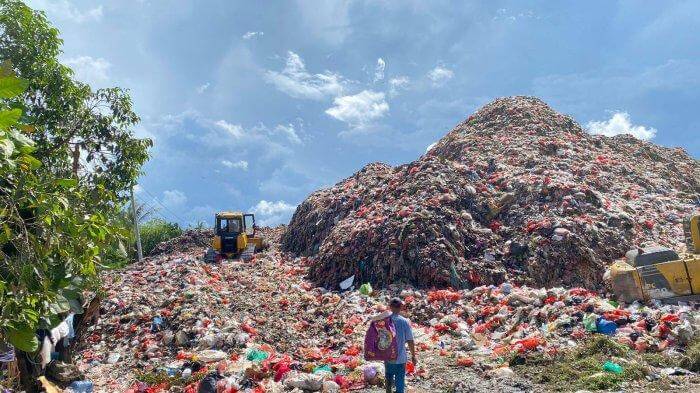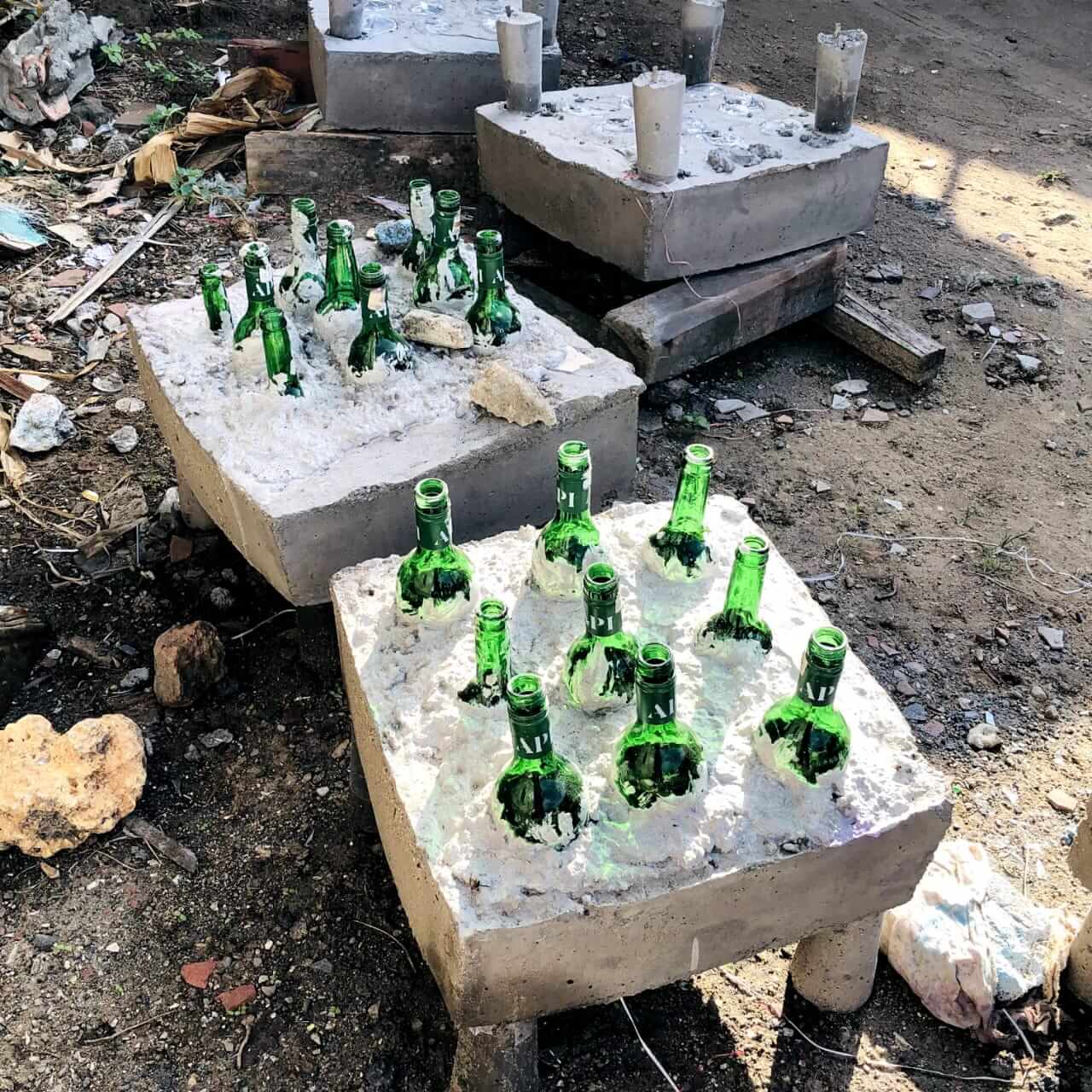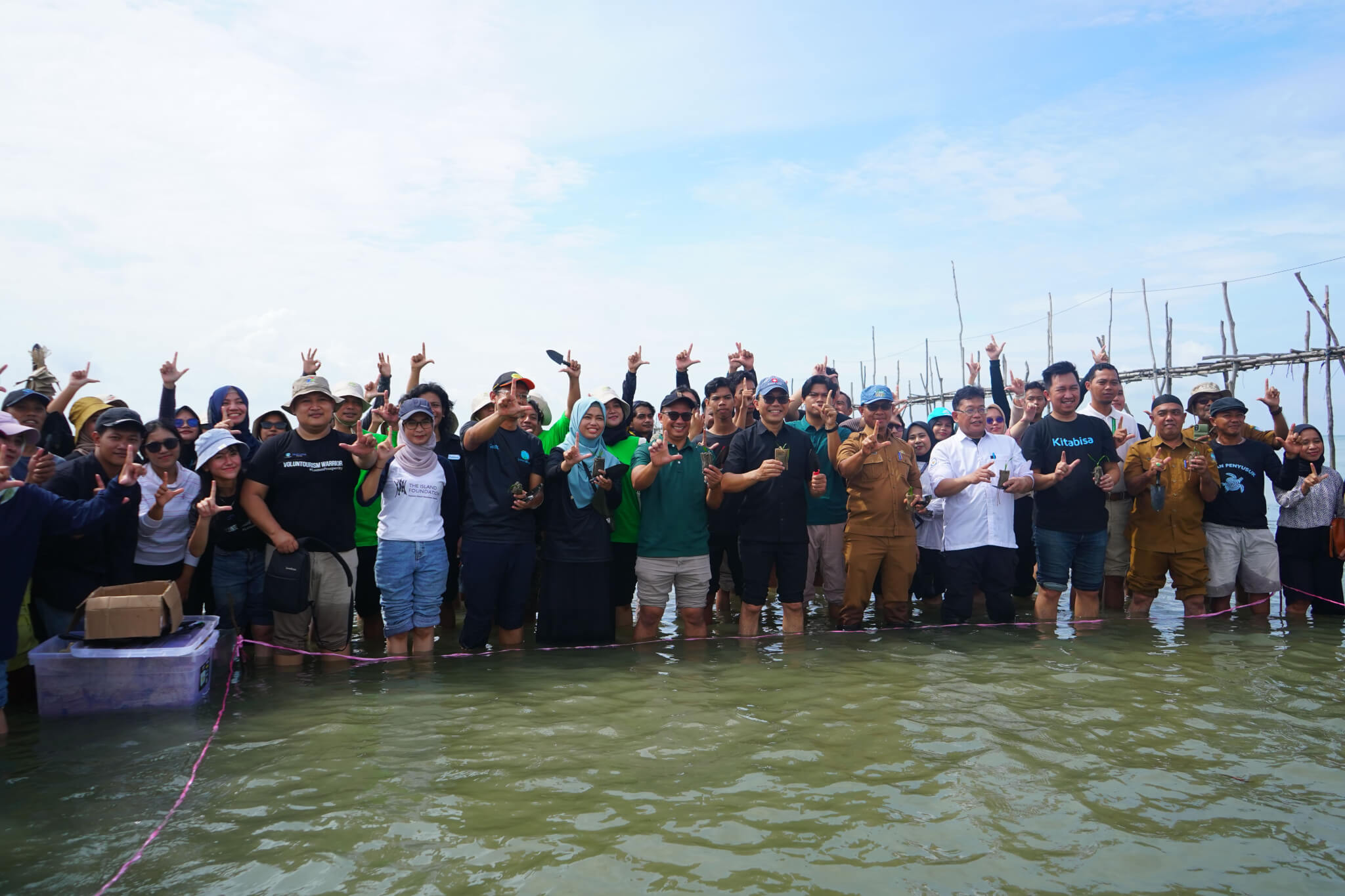


The Parit Enam Landfill (TPA) in Pangkalpinang City, Bangka Belitung, has reached a critical point. The overload of accumulated waste at the landfill has caused various negative impacts on both the environment and the health of nearby communities. In this context, effective and sustainable solutions are urgently needed to address the growing waste management issues.
Currently, Parit Enam Landfill faces significant challenges in managing waste. With approximately 120 tons of waste entering the landfill daily, it far exceeds its capacity. This has led to heaps of decomposing waste, emitting foul odors and serving as a breeding ground for diseases. During peak times, such as the Idul Fitri holiday, the volume of incoming waste increases by up to 15%, further straining the already overburdened landfill.
One proposed solution from the government is the expansion of the Parit Enam Landfill. However, this is merely a temporary measure, as it depends on the availability of land and budget. The expansion is expected to provide additional space to accommodate the increasing waste load. However, it should be emphasized that landfill expansion only offers a short-term fix, while long-term solutions must involve more efficient and sustainable waste management practices.
Converting waste into energy is one of the viable solutions that could be implemented. By utilizing appropriate technology, waste can be transformed into alternative energy sources, such as electricity or biogas. This approach not only reduces the burden on the landfill but also provides significant economic and environmental benefits. However, the implementation of such technologies requires substantial investment and cooperation between the government, the private sector, and the community.
In addition, active community participation in waste management is crucial. The public must be empowered to understand the importance of waste sorting and waste reduction. Regular educational and outreach programs on proper waste management should be conducted. Moreover, the government should incentivize citizens who actively engage in waste management programs, such as by offering tax reductions or direct subsidies.
The role of local government is also pivotal in tackling this issue. In addition to providing adequate waste management facilities, the government must enforce regulations related to waste management and uphold penalties for violators. Coordination between various government agencies, including the Environmental Agency (DLH) and the Public Works and Spatial Planning Agency (DPUPR), is essential for developing comprehensive and effective waste management policies.
Furthermore, the government must address public concerns and grievances regarding environmental issues, such as the foul odors emanating from the Parit Enam Landfill. Utilizing the back area of the landfill to accommodate the accumulated waste at the front is a positive step, but it must be accompanied by concrete measures to mitigate the odors and other negative impacts.
In the long term, solutions to the waste problem at the Parit Enam Landfill must be holistic and sustainable. This requires the involvement of various stakeholders, including the government, the community, and the private sector, in a collaborative effort to create a clean, healthy, and sustainable environment. With strong commitment and cooperation, these challenges can be effectively addressed, and the Parit Enam Landfill can serve as a model for sound waste management practices for other regions in Indonesia.
[This article was also published in the Bangka Pos newspaper (Monday, May 20, 2024) and on the website https://bangka.tribunnews.com/2024/05/14/membangun-pengelolaan-sampah-yang-efisien-di-tpa-parit-enam-kota-pangkalpinang]
Leave a Reply
Article


 ID
ID
 EN
EN



